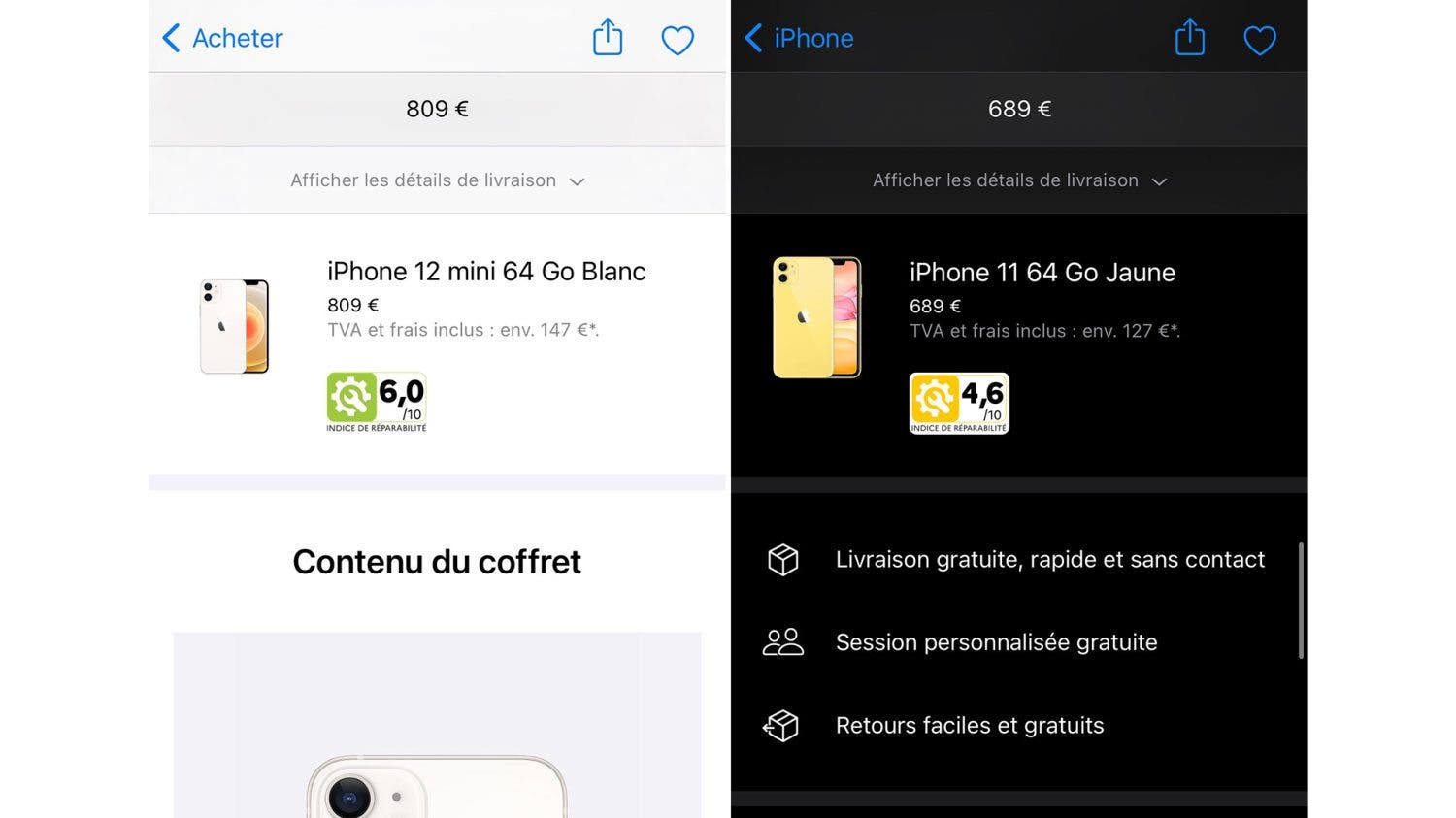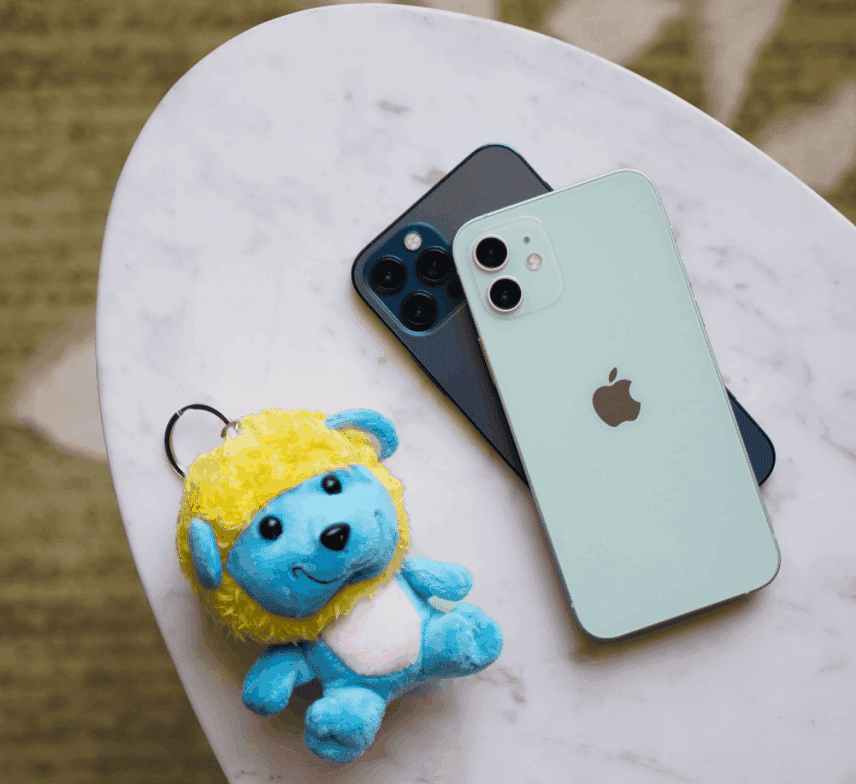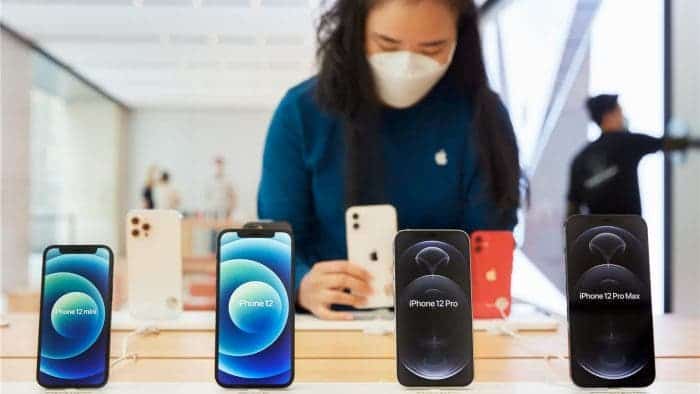Apple was forced to assign a repair rating to its products on its website and in the Apple Store app in order to meet the requirements of the so-called “Right to Repair”, which came into force in France. Repairability ratings are currently assigned to the current line of iPhone and MacBook. The rating is assigned on a ten-point scale, in much the same way as that of the famous iFixit website.
All iPhone 12 models scored 6 out of ten, iPhone 11 and 11 Pro 4.6, iPhone 11 Pro Max and iPhone XR 4.5, and iPhone XS and XS Max 4.7 and 4.6, respectively. The easiest to repair is the iPhone 7 with 6.7 points, second place is shared by iPhone 7 Plus, iPhone 8 and iPhone 8 Plus with 6.6 points, and the third is the second-generation iPhone SE with 6.2 points.
The 13-inch MacBook Pro and MacBook Air based on the Apple M1 SoC scored 5.6 and 6.5 points, while the 16-inch MacBook Pro scored 6.3 points.
This is not the first time French authorities have forced Apple to accommodate consumers in France. For example, French iPhones 12 come with headphones.
In the European Union, manufacturers were obliged to use recycled materials as much as possible, to simplify the repair, recycling and reuse of the gadgets themselves, as well as to provide comprehensive information about the maintainability and life of the devices. However, it will take some time to implement these requirements throughout the European Union.

Apple finally defeated Samsung in the global smartphone market
Apple overtook Samsung to become the world’s leading smartphone brand amid record sales of iPhone smartphones. The company showed a huge jump in the last quarter of last year, while Huawei‘s position weakened greatly.
According to Counterpoint Research, shipments of iPhone smartphones increased 22% in the previous quarter. The surge is driven by the release of the iPhone 12 lineup, which supports fifth-generation networks. Also, sales of previous models did not fall, the demand for which is stable after the price decline.
The company has shipped 90 million smartphones and has more than 23% market share. Analysts note that Apple has strengthened its position in the premium segment of smartphones in China. According to Apple CEO Tim Cook, two of the top three selling premium smartphones in China are from Apple.

The second place in the quarter belongs to Samsung, which received about 19% of the market. The third place went to Xiaomi, followed by Oppo and Vivo, which took the fourth and fifth places, respectively. Huawei dropped to 6th place.
If we consider the results for the year, then Samsung is in the lead, Apple is second, Huawei is third, followed by Xiaomi, Oppo, Vivo and Realme. The latter was the fastest growing brand in the past year.
Counterpoint Research’s data is broadly consistent with estimates by another analyst firm, IDC, which we have already published.
Follow Gizchina.com on Google News for news and updates in the technology sector.





